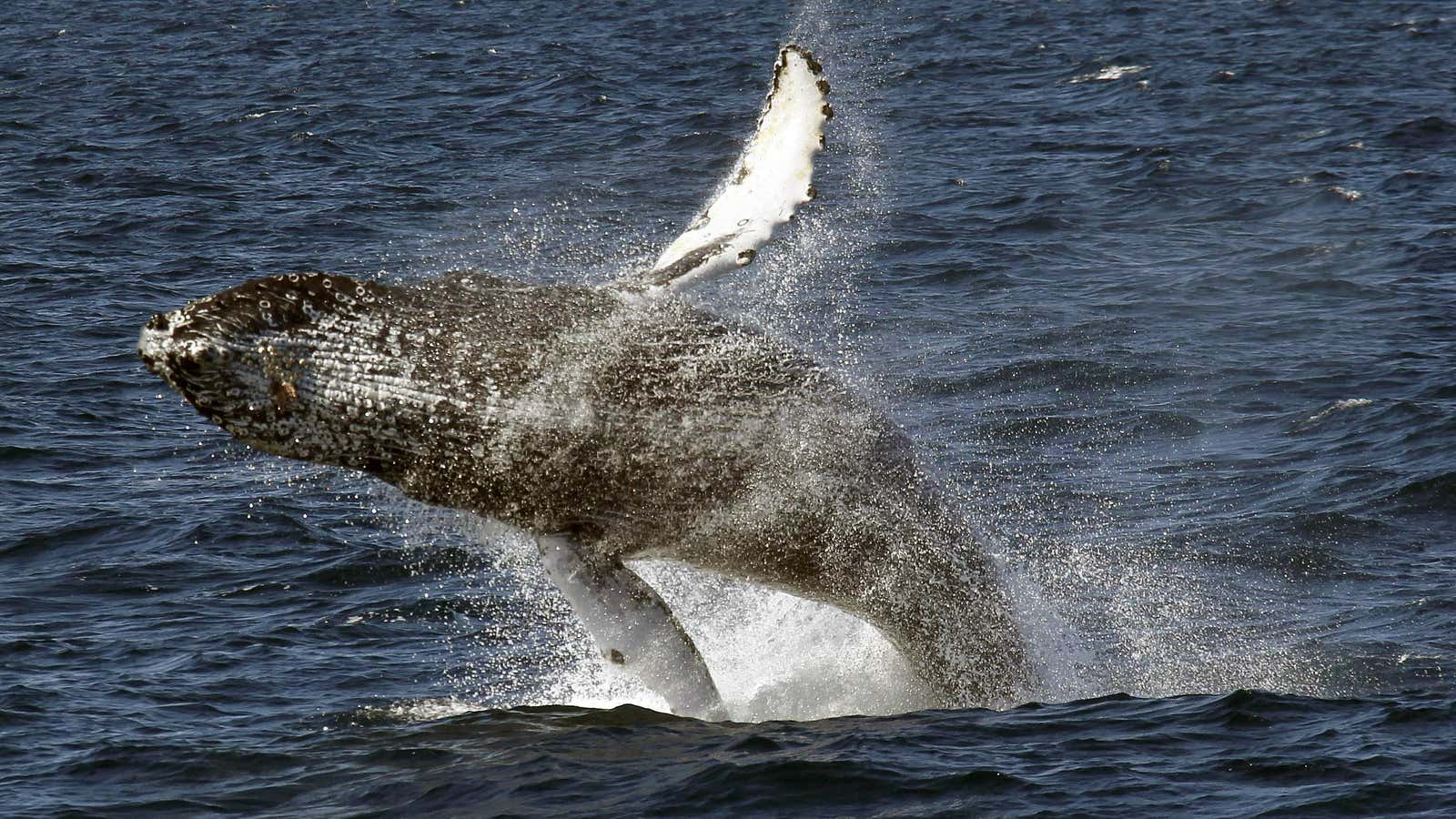Is there a whale war going on? Researchers say that humpbacks are rescuing other from carnivorous orcas, also known as killer whales.
Mother Nature Network reports that humpbacks have been repeatedly spotted intervening in killer whale hunts, rescuing sea lions, seals, and gray whales, in regions stretching from Antarctica to the North Pacific.
The massive humpbacks , which weight 30 to 50 tons (27-45 tonnes), can easily hold their own against killer whales. They also have powerful flippers, which are encrusted with sharp barnacles.
According to a new study published in the Journal of Marine Mammal Science, there have been more than a hundred observed incidents of humpbacks clashing with orcas, including 31 cases where they engaged with killer whales that were attacking another species.
But why would humpbacks waste their time and energy—and, potentially, their well-being—to protect other species?
Observers have speculated that they may want the orcas’ prey for themselves (humpbacks and orcas sometimes hunt together). But their aggressive actions are mostly directed at protecting, not attacking. Could there be something else going on?
Researchers identified three possible drivers:
Kin selection: Killer whales are not big enough to take down a full-grown humpback, but they have been known to hunt and kill young whales. So battling against the orcas could simply be a form of protective self-defense for whale pods.
Reciprocity: Similarly, the humpbacks may be foiling the orcas’ hunt as revenge for young whales they’ve killed in the past.
Altruism: This is the most interesting possibility, because only a few species have been shown to exhibit altruistic behavior—primates, mostly, but also killer whales themselves. Co-author Robert Pitman told Science that humpbacks may “just have a simple rule. When you hear a killer whale attack, go break it up.”
In any case, it’s further evidence that the emotional lives of whales are deeper and more complex than we currently understand.
